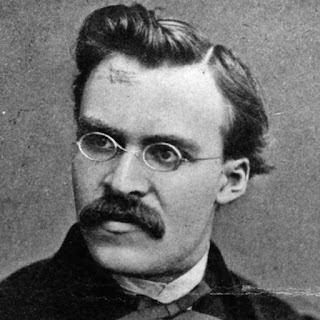In addition to the cities cited in the previous post, cities in which the unvaccinated far outnumber the number of Trump voters, there are these:
- Alexandria, Va. is only 58 percent fully vaccinated, with 67 percent having one shot.
- Washington, D.C. is only 53 percent of D.C. residents are fully vaccinated, and 62 percent are partially vaccinated.
Jonah Goldberg adds some acerbic thoughts to this:
And while it’s true that the average hardcore Trump voter is more likely to be vaccine-resistant than the average Democrat, the places where vaccine hesitancy poses the greatest problem aren’t in rural America.Additionally, neither of the nation's largest teachers' unions, another heavily Democratic constituency, are particularly insistent that their members be vaccinated:
They’re in largely blue cities and counties across America, because that’s where the population density is (30 percent of a highly populated area has a lot more people in it than 70 percent of a sparsely populated one). And most of those people aren’t Trump voters.
When urban and suburban minorities resist vaccination, it’s an indictment of American structural racism or some such nonsense—and it is mostly nonsense. When rural whites resist vaccination, it’s proof Republicans want to kill people. It’s all such partisan garbage.
But even if you disagree with that, it’s just idiotic to single out white Republicans for your scorn and condescension. As Jim Geraghty notes, 40 percent of New York City’s Department of Education employees aren’t vaccinated. Where was the media’s ridicule of that before this week?
Indeed, according to elite liberal logic, the Fox-besotted flyover people don’t know any better. Well, what’s the excuse for metropolitan healthcare workers who have lagged in getting vaccinated? As much as anything it’s the failure of these people to get vaccinated that’s causing the new wave of mandates coming down the pike.
So far, the nation’s two largest education unions, The National Education Association and the AFT, have declined to call for vaccine mandates. Instead, the NEA says that teachers should be given the option of weekly testing, while the AFT says it should be decided in contract negotiations between the workers and the company.Geraghty concludes with a quote from Jay Caruso:
You cannot work yourself into a frenzy denouncing unvaccinated rural Americans and Trump voters as a bunch of ignorant, tin-foil-hat-wearing lunatics who are extending the pandemic and the suffering it has caused for everyone and then shrug when a bunch of teachers refuse to get vaccinated.Meanwhile, what's the actual risk to the vaccinated population? The New York Post runs this graphic to illustrate (via Hot Air): The risk to vaccinated people of suffering serious illness or death from Covid, Alpha or Delta, is miniscule. Marc Thiessen's perspective at the Washington Post is a fitting conclusion:
The fact that these unions — powerful allies of the Democratic Party — are going to get little to no grief for their position that their members don’t need to get vaccinated if they don’t want to reveal that the vast majority of pro-vaccination rhetoric is really just political tribalism, dressed up in the rhetoric of public health.
[Y]our chance of dying from a lightning strike is .0007 percent, and your chance of dying from a seasonal flu is 0.1 percent. If you’re vaccinated, you have a much greater chance of dying from a hornet, wasp or bee sting, a dog attack, a car crash, drowning, sunstroke, or choking on food than you do of dying from covid-19.






